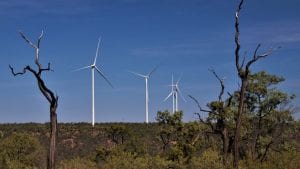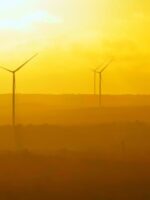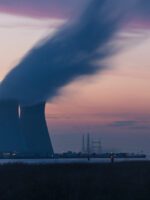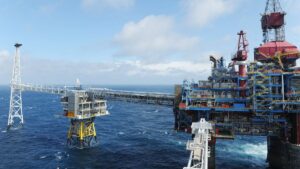Bloomberg New Energy Finance
Elon Musk – the co-founder of Tesla Motors – created quite a ruffle last week when he pledged that inventions on his electric cars and batteries would be free for anyone to use “in good faith”. Tesla has more than 160 US patents for things like a system to protect battery packs form overcharging, according to the US Patent and Trademark Office.
 The company is reserving the right to go after infringers in limited circumstances. Musk said his company would use “common sense” in deciding whether to assert its patents – such as a carmaker that uses the inventions to confuse consumers into thinking the car is a Tesla. Musk met with executives from BMW last week and said he recommended that they collaborate by using Tesla’s rapid charge system.
The company is reserving the right to go after infringers in limited circumstances. Musk said his company would use “common sense” in deciding whether to assert its patents – such as a carmaker that uses the inventions to confuse consumers into thinking the car is a Tesla. Musk met with executives from BMW last week and said he recommended that they collaborate by using Tesla’s rapid charge system.
Global sales of electric vehicles in the first quarter of this year totaled 57,500, according to Bloomberg New Energy Finance’s latest Electrified Transport Market Outlook. North America continued to be the largest market, with sales of 22,800, followed by Europe at 17,700.
The other two large markets were Japan and China. Electric vehicle sales in China are picking up and expected to take off rapidly over the coming years. In the first quarter, 5,300 electric vehicles were sold in the country against 10,100 sold in the whole of 2013.
Tesla, which is the second bestselling model in the Americas after the Nissan Leaf, also announced an agreement with real estate developer Soho China to set up more charging outlets in the world’s largest auto market. China is also expected to be the world’s biggest market for electric vehicles in the next few years.
BMW’s China head, Karsten Engel, said last month: “We expect that the Chinese car market for electro-mobility will become the largest markets for those cars in a few years.” The company plans to start selling its i3 in China in September. Volkswagen plans to unveil more than 15 electrified models in China by 2018. Daimler is building electric vehicles with Chinese automaker BYD while Tesla delivered its first Model S cars in the country in April.
Hydrogen-powered vehicles are not too far behind. Hyundai started retail leasing of its fuel cell ‘Tucson’ sport utility vehicle in California last week. Hyundai will be followed in 2015 by Toyota and Honda in marketing hydrogen vehicles to drivers in California, Japan, Korea and Europe. The companies say that by making electricity needed for power on board, rather than storing it in batteries, fuel-cell vehicles offer greater driving range and versatility than rechargeable cars.
The other main headline of the week was a remark from Warren Buffett on his willingness to double the USD 15bn committed to renewables by Berkshire Hathaway.
Another large investment announcement came from Iberdrola, Spain’s largest utility. It plans to invest USD 5bn in Mexico over the next four years in power generation, transmission, distribution and natural gas storage. The plan also includes renewable energy projects.
For more on clean energy in Latin America and Caribbean, please refer to Climatescope 2013, a report and index that assesses the environment for climate-related investments in those regions.
In Asia, China Ming Yang Power Group said it secured approval from a local energy authority for a 300MW offshore wind power project off the coast of Rudong in Chain’s eastern province of Jiangsu. The company said last month that it agreed to deliver 198MW of wind turbines to the Zhuhai Guishan offshore wind farm.
Meanwhile, two of the five BRICS economies – South Africa and India – were in power-consumption-curtailment mode last week as supply was unable to keep pace with demand.







